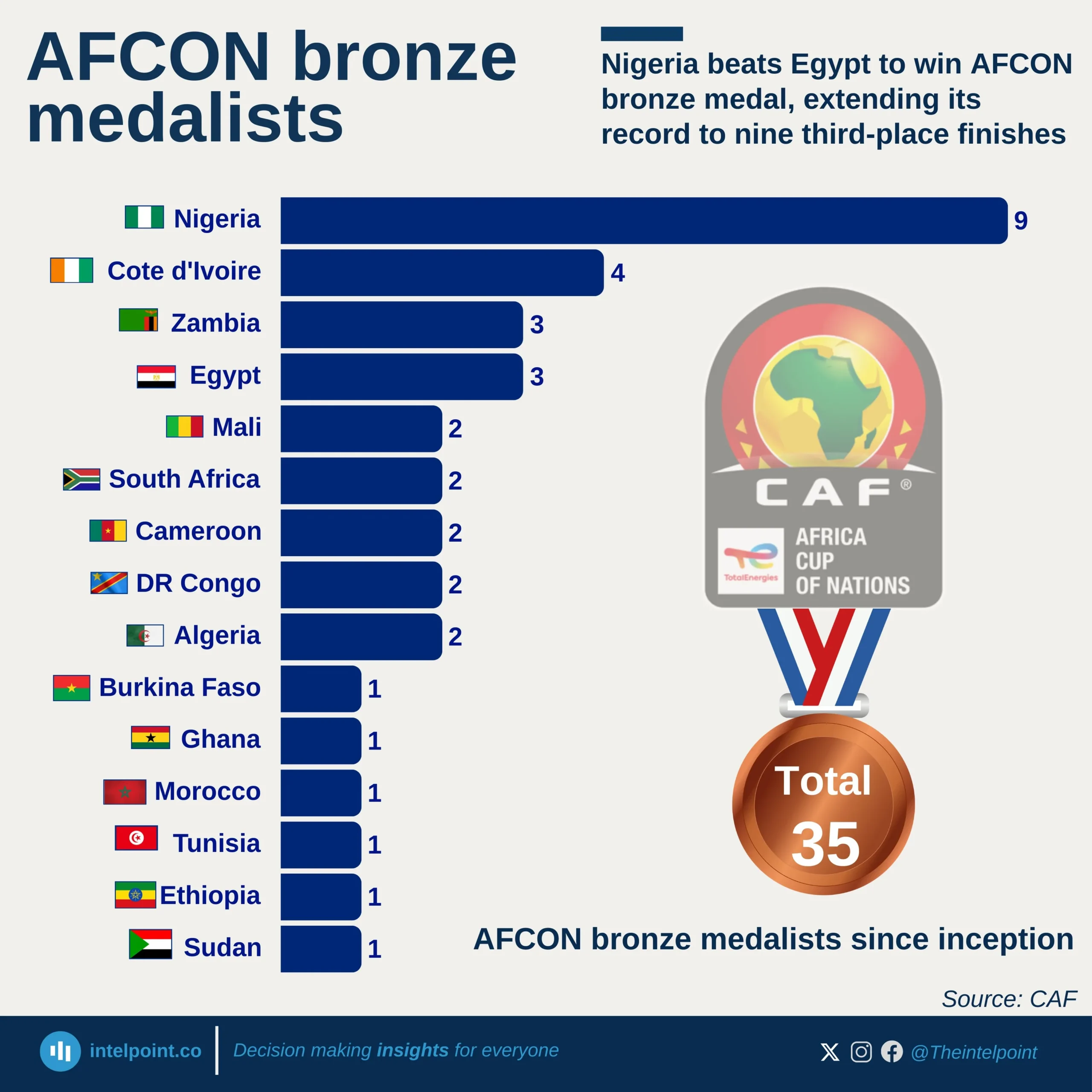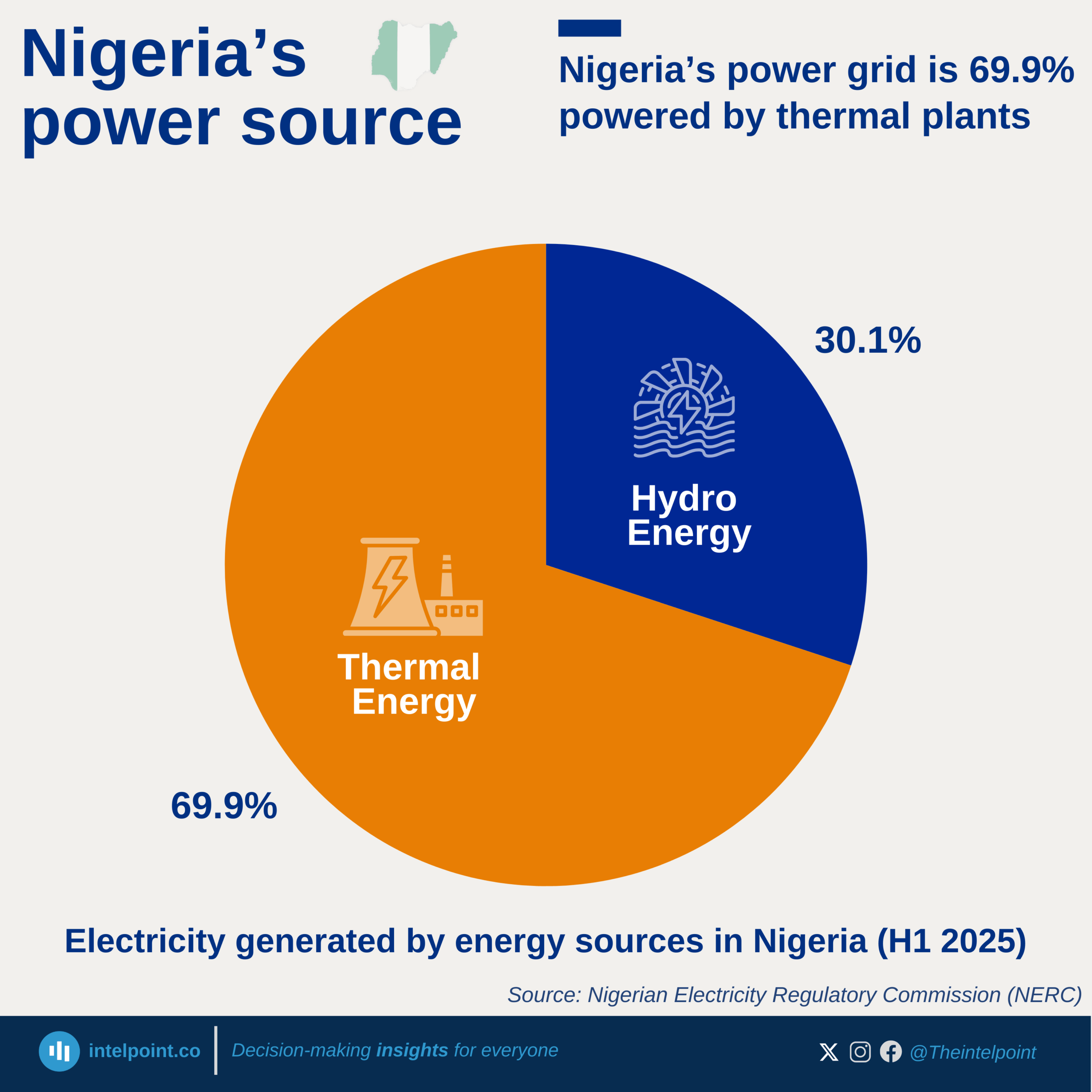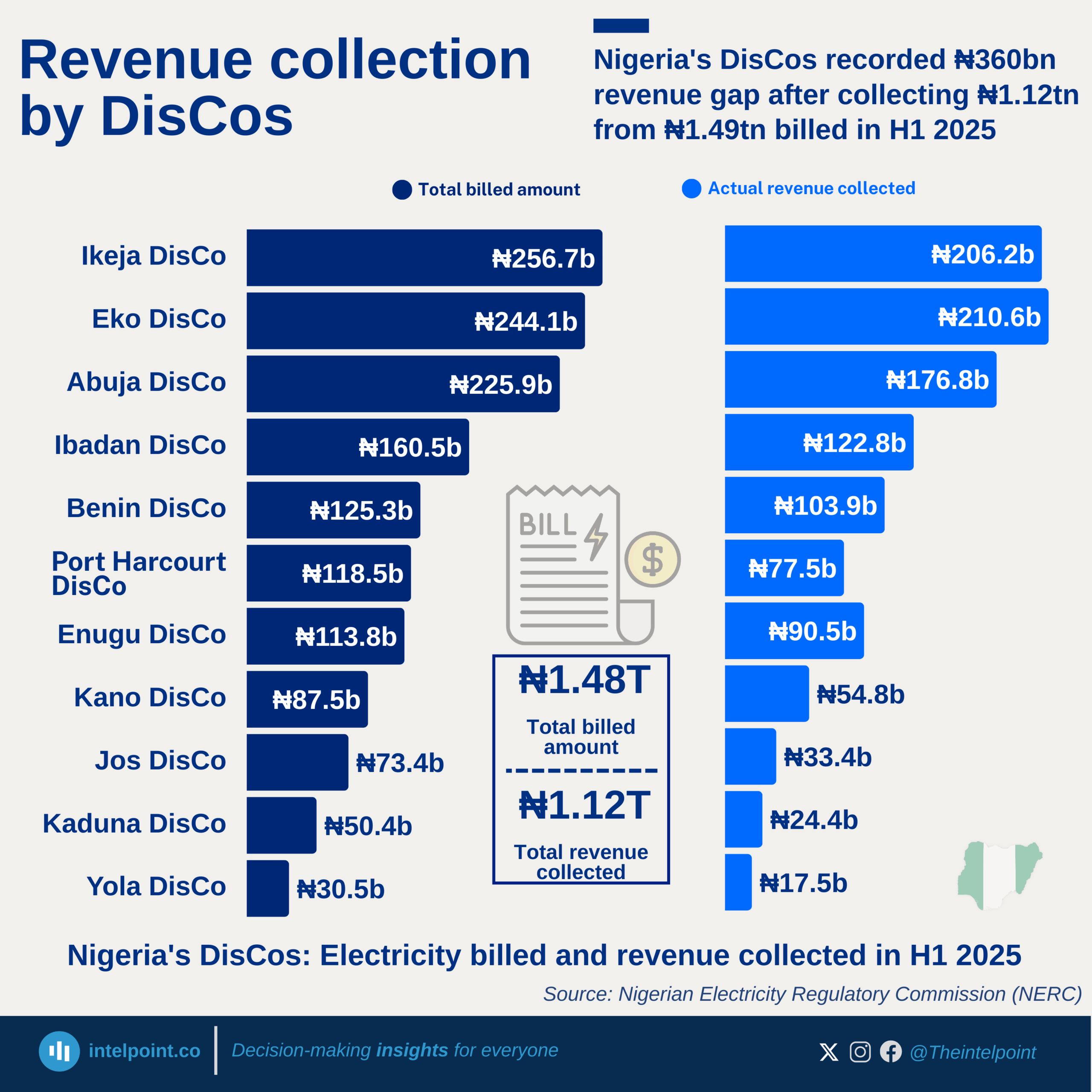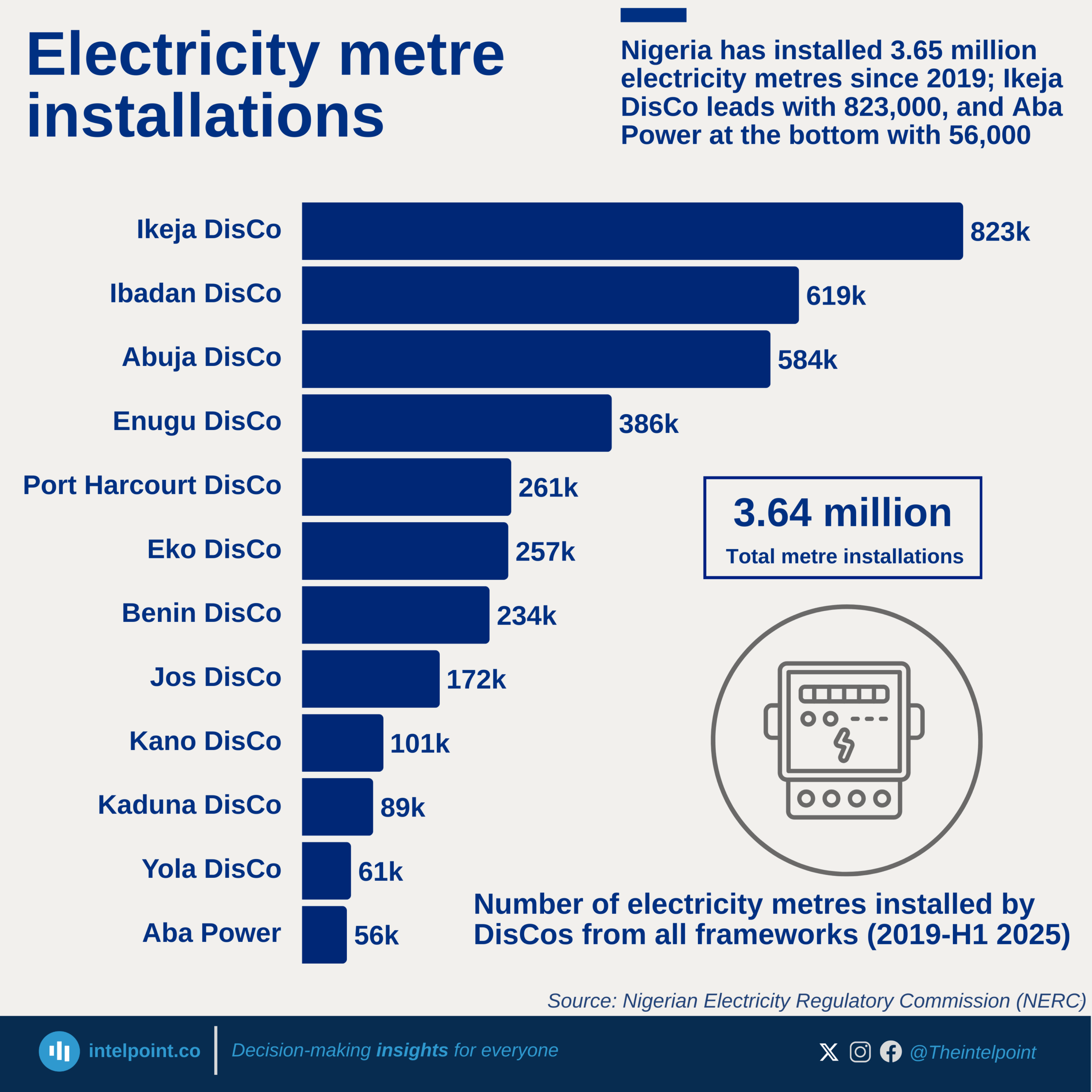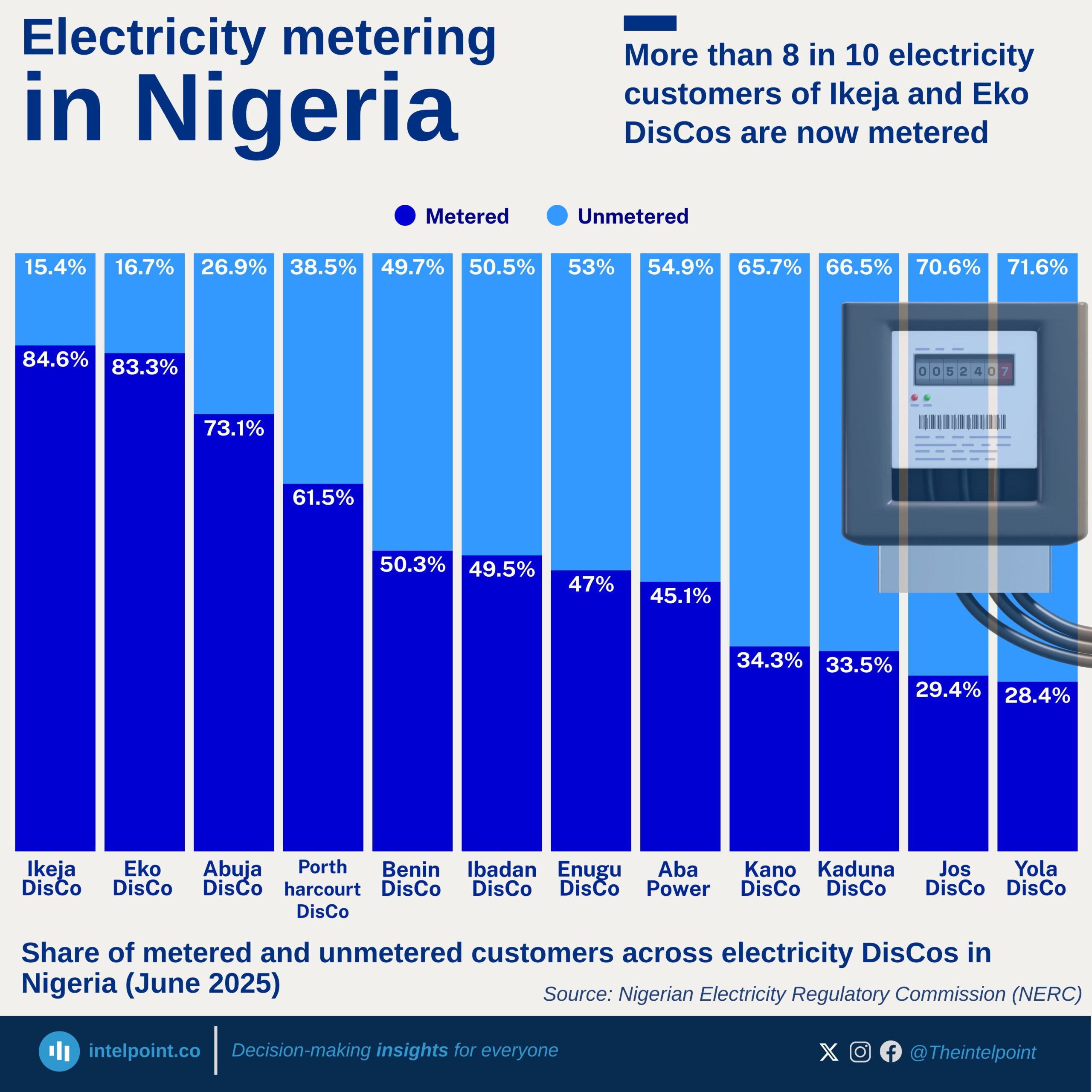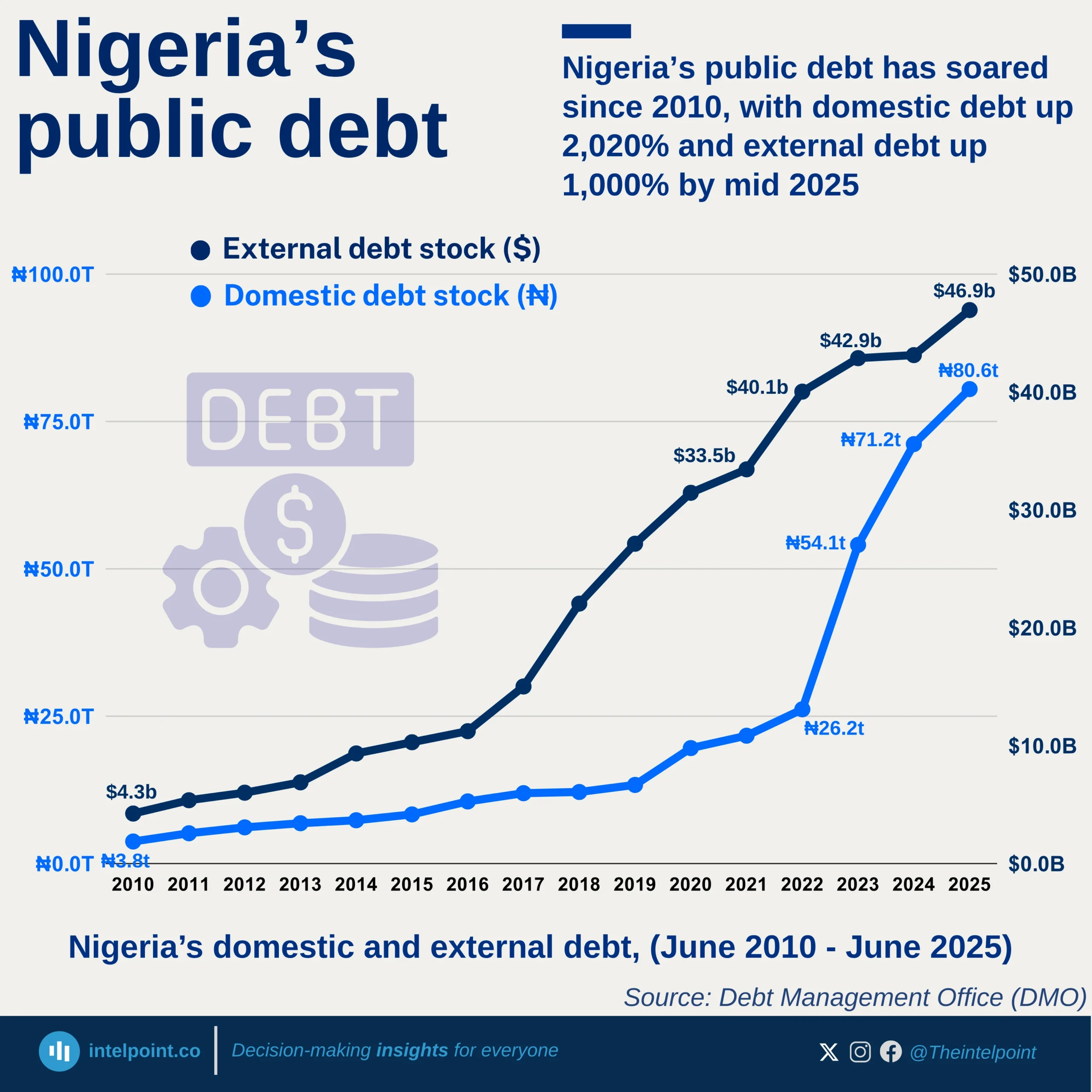Out of 450 individuals serving non-custodial sentences, an undeniable pattern emerges: 92% are men, while only 8% are women. This means that for every woman placed on a non-custodial sentence, nearly 12 men receive the same fate.
The numbers suggest that non-custodial sentencing is heavily male-dominated, raising questions about crime patterns, judicial discretion, and rehabilitation strategies.
While men make up the vast majority of non-custodial sentences, the lower female representation (35 cases out of 450) aligns with broader crime trends, where men are statistically more likely to commit offences that result in these types of sentences.
